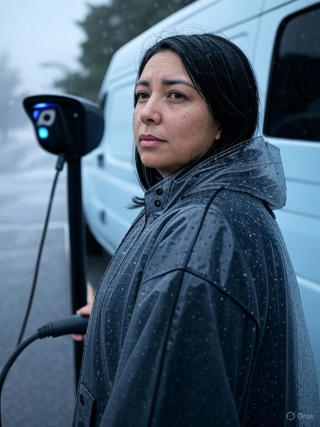Fleet decision-makers, adapting to the new demands on managing staff travel, are now measuring total cost of journey, rather than total cost of ownership.
An exploration of, and intent to change, travel and distribution plans took place at the November Fleet200 Executive Club meeting at the Mini Plant, Oxford.
Here are the salient points:
- There is a move towards looking at the total cost of journey rather than total cost of ownership (TCO) of the vehicle. As one Fleet200 delegate said: “TCO was the mantra fleet managers lived by but for the mobility manager it’s total cost of journey.”
- However, technology isn’t yet joined up enough for businesses to do this with fleet software, travel management systems and expenses systems – as well as the respective departments – often in silos.
- Urban-based fleet operators believe that employees will demand more choice. “Some want the company car on the drive, some don’t,” a fleet manager said.
- Job-need vehicles, particularly commercial vehicles used to distribute good, the focus is still on the cost of moving goods.
- Commercial vehicle fleets are looking at ways to make journeys more efficient and to increase utilisation.
- Consumers are becoming more interested in how goods are delivered to them. Operators who do deliveries using electric vans, for example, have had positive feedback from customers.
- For London-based fleets, the congestion charge saving and cost of electricity versus the cost of diesel makes electric vans viable (depending on the weight of goods). It also helps ‘future-proof’ the fleet should there be a ban on diesel or petrol vehicles in city centres.





















Login to comment
Comments
No comments have been made yet.